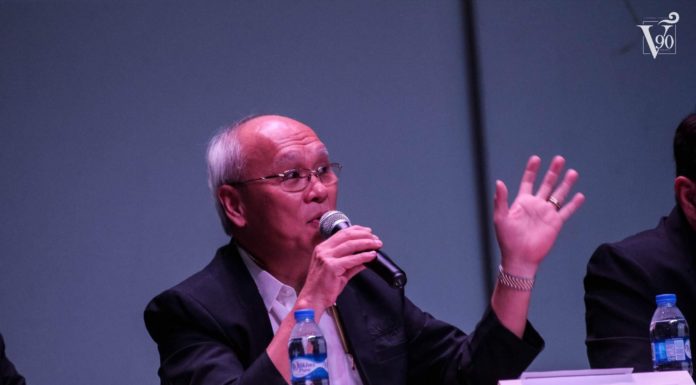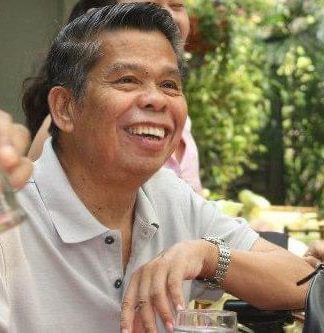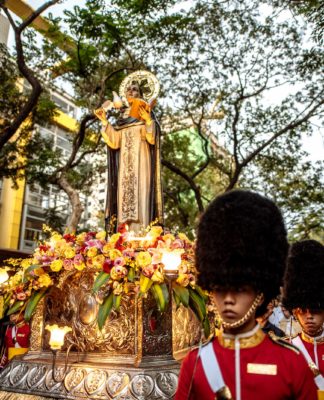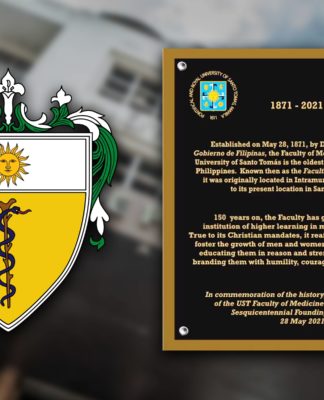SEN. Miriam Defensor-Santiago wants more teeth to penal laws against abortion peddlers in her Senate Bill (SB) 1255, the proposed Act to Amend Article 259 of the Revised Penal Code, which seeks an additional penalty of perpetual loss of professional license, aside from the 12 to 20 years of imprisonment imposed on medical practitioners involved in abortion.
“Since health-care workers are proven to be involved in the recent abortion incidents, maximum penalties must be imposed to discourage them from engaging in such crimes,” Santiago said.
To encourage reporting of abortion incidents, the bill will exempt witnesses, despite committing abortion themselves, in exchange for their testimony against the abortionists.
“Abortion doctors are really bad examples to sound medical practice. After studying to save lives how ironic that they’ll be taking lives instead,” UST Theology teacher Ulysses Parado said in support of the bill.
Also seeking to intensify the law against abortion is Buhay Party List Rep. Rene Velarde’s House Bill (HB) 4643, or the proposed Anti-Abortive Drugs and Devices Act.
The bill seeks to ban abortive devices like intrauterine devices and to regulate hormonal contraceptives that can prevent implantation of an unborn baby. A Senate counterpart of the bill, SB 319, is authored by Sen. Sergio Osmeña III.
“The proceeding of HB 4643 has been taking too long. For now, all we can do is hope that the Congress would realize the significance of the bill in time for the second reading,” Velarde told the Varsitarian.
Meanwhile, HB 149, or the Human Life Act, by Rep. Constantino Jaraula (Cagayan de Oro), seeks to define more clearly the moment when human life begins.
“Sixteen years have already passed (since the Constitutional recognition of life from conception) without this provision being given flesh, neglecting the Constitutional mandate,” Jaraula explained.
Jaraula has also filed HB 148, or the Anti-Cloning Act, following the vote by 84 United Nations member states, including the Philippines, to ban human cloning in all forms.
The bill has a counter-part in the Senate, Santiago’s SB 1509, or the Banning of Experiments on the Cloning of Human Beings Act.
Meanwhile, Representative Mandanas’ HB 5028, or the Rights of Conscience Act, seeks to respect medical practitioners’ decision to decline services like artificial methods of family planning and reproduction, stem-cell and fetal research, physician-assisted suicide, and abortion.
The bill will protect medical practitioners unwilling to give these services to patients demanding “unethical” medical assistance.
“If the doctor thinks that what he is doing is ethical and righteous, then he shouldn’t be made to do otherwise,” Olalia said.
According to Mandanas, the civil right of medical practitioners to exercise their religion and conscience must still be recognized and protected even when they enter the health care profession. K.P. Bayos, M. L. C. Celis, C. G. Fallorina and R. S. Mejia















